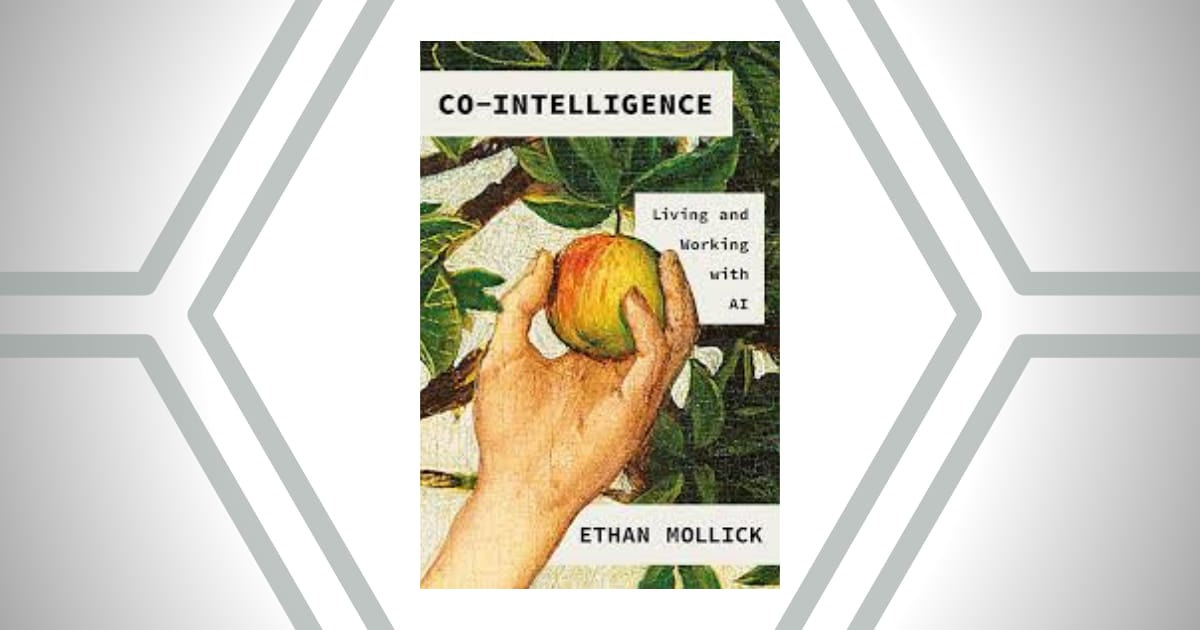This week is the fourth and final edition exploring Ethan Mollick’s Co-Intelligence: Living and Working with AI
Today, we examine the risk of letting AI make us intellectually lazy…
Estimated reading time: 2 minutes
🎯 The Idea In a Nutshell:
As AI becomes increasingly capable, it gets easier for us to hand over the keys.
But we step on a slippery slope when we move from outsourcing our tasks to outsourcing our thinking.
Wrestling with hard problems is difficult and inefficient, but it is how we build cognitive horsepower.
As the question “Can AI do this?” becomes less relevant, the question “Should AI do this?” becomes more relevant.
Knowing when to lean on AI and when to trust your own judgment and creativity will be a keystone skill in the years ahead.
📝 Diving Deeper
In theory, the formula is obvious: human + AI > human. It follows that a human with access to great AI should outperform a human with mediocre AI. But at least one study paints a different picture.
Fabrizio Dell’Acqua, an AI researcher at Harvard Business School, has run experiments revealing a paradox: when paired with highly accurate AI, humans often perform worse than when paired with less capable AI.
Why? Because they put too much trust in the AI. They get lazy. They stop thinking critically. They don’t double-check the work. They see a way to avoid the discomfort of wrestling with hard problems, so they outsource it. And the results suffer.
It’s a phenomenon Dell’Acqua calls “falling asleep at the wheel.” As the AI gets stronger, the cognitive muscle atrophies; judgment, discernment, and intuition fade with it.
This isn’t an interesting academic quirk. It’s a reminder: The mental struggle that comes when tackling complex tasks may be inefficient, but it’s how we sharpen our thinking.
This doesn’t mean we should reject AI. But it does mean we should be thoughtful about how we use it. AI should be a partner, not a replacement for effort.
👉 Why it matters:
As AI gets better, performance in knowledge work that is considered exceptional today will become table stakes.
The only way to stand out will be through your uniquely human intuition.
Outsourcing your thinking to AI will only weaken your edge and guarantee you a spot within the herd.
🤔 Prompts for Reflection
What kind of work are you using AI for today?
Is it becoming a substitute for busy work, or for thinking itself?
How can you leverage AI more effectively as a tool to augment your own thinking, judgment, and creativity?
Make today impactful.
~Jason
